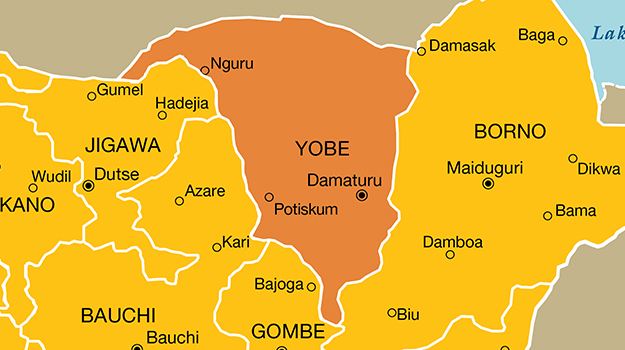Yahaya Bello, governor of Kogi, has said that the decision to probe finances of the state, from 2003 to 2016, was not aimed at settling political scores with his predecessors.
The governor stated this in Lokoja on Wednesday while receiving the report of a commission of inquiry set up to probe the finances of the state under two previous administrations.
He said that the attempt to look into what went wrong in the past would guide his administration against repeating similar mistakes.
According to him, the exercise is “not a witch hunt or blackmail”.
Advertisement
He lamented that Kogi, created 25 years ago, had remained largely undeveloped due to mismanagement and massive looting of available resources, declaring that the situation would be corrected.
“Today, we are looking into the past; I am prepared to move to the future by looking at the past,” he said.
Bello commended members of the commission for the diligence and commitment with which they carried out the assignment.
Advertisement
The chairman of the commission, retired justice Wada Abubakar Umar, while presenting the report to Bello, recalled that the terms of reference included investigating all contracts awarded by the two previous governments.
According to him, the committee was also mandated to determine whether the contracts were executed in line with contractual agreements.
He said that the committee was equally expected to ascertain monies that accrued to the state during the period and how they were expended.
“We were also expected to trace and recover all monies and properties belonging to the state, but which have not been captured.
Advertisement
“We were also mandated to look into all cases of maladministration within the period under investigation,” he said.
Umar said that the commission relied on memoranda, summons and public hearings to execute its mandate, adding that 71 witnesses testified on the activities of the two previous administrations under probe.
The retired justice expressed the hope that the report would help in deepening good governance, transparency and accountability if implemented.
Advertisement
Add a comment






